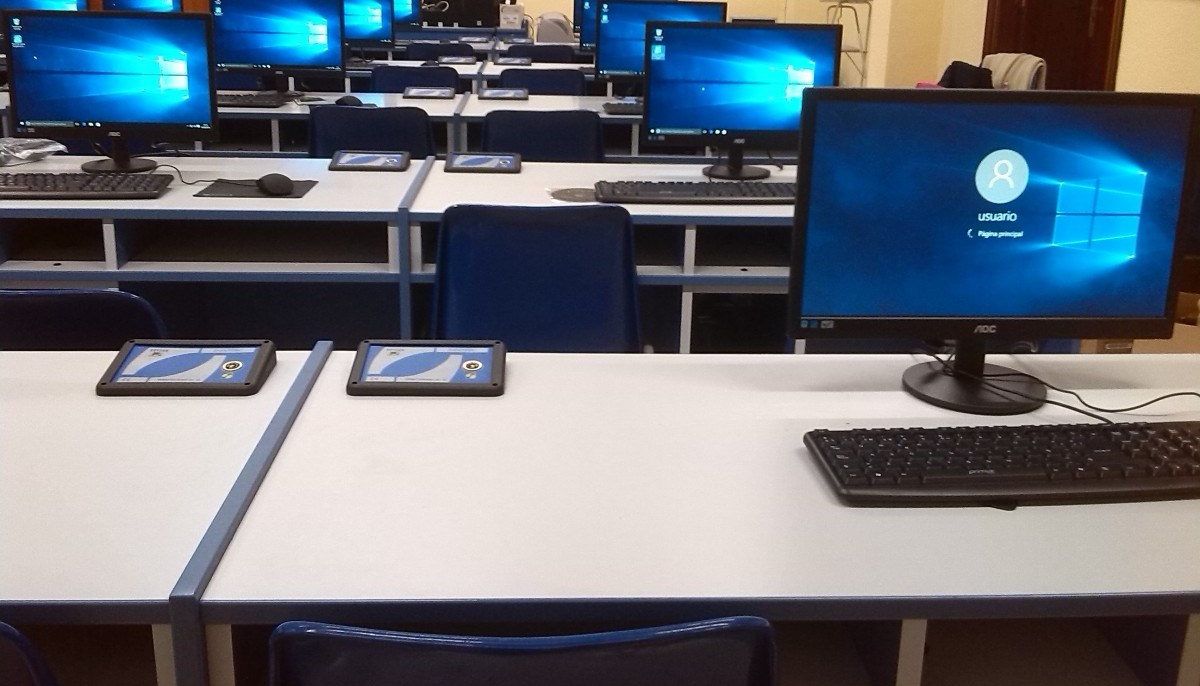Prof. Umar Danbatta, the Executive Vice Chairman, Nigerian Communications Commission (NCC), says the Digital Bridge Institute (DBI) is set to run approved academic innovative programmes that will transform the economy.
Danbatta said this during the presentation of the Expert Group on the Development of Appropriate Blueprint/Curriculum for ICT Innovation Research Programmes in Nigeria in Abuja.
He said the institute had all it took to run programmes that the country could leverage on to build the economy.
“We must develop programmes that would in turn transform the economy as well as empower citizens without recourse to government jobs.
“If all of us rely on government for employment then government will be overwhelmed; the responsibility of government is to provide key services, water, electricity, roads – the engine room of the economy in any country is the private sector.
“DBI has shown how to do it by introducing the national innovation diploma programmes and I believe that they will introduce more of such programmes immigrating from the short courses into programmes that will impact more on the lives of citizens,” he said.
Danbatta said Nigeria was right to give attention to Information Communication Technology (ICT) in order to leverage on the power of ICT to transform not only governance but key sectors of the economy, governance, finance, transportation and health.
“We can only achieve this transformation by building a critical mass of ICT adoption and use, training the human capital that is needed in order to ensure the trainees innovate applications that will further empower citizens economically and be able to socially transform the country.”
Dr Ernest Ndukwe, the Chairman of the panel, said ICT plays a pivotal role in powering the development of the modern world and to choose to ignore it was to remain in the doldrums of underdevelopment.
According to him, the World Forum in its 2017 Global Information Technology Report stated that `ICT are vectors of economic and social transformation by improving access to services, enhancing connectivity, creating business and employment opportunities’’.
He added that the Heads of States in the United Nations’ Declaration at the beginning of the new Millennium resolved to develop and implement strategies that give young people a real chance to find decent and productive work.
“This is also in line with the leadership role of the Commission in ICT capacity building to promote digital literacy and support the development of manpower for the ICT sector of the economy.
“The Digital Bridge Institute (DBI) which has been a most important channel for NCC to facilitate ICT training and development has trained over 50,000 participants since inception.
“It is in that spirit that the panel reaffirmed it as a veritable vehicle for furthering the broad goals articulated in the recommendations in the panel report.
“DBI can become the hub and the catalyst for ICT innovation research programmes in the country enabling skills acquisition, tech start-ups and the much needed job creation for the digital economy of today,’’ Ndukwe said.
Speaking on sustainable funding for DBI, the chairman noted that similar successful training and manpower development institutions around the world do not the sustain their operations from internally generated income alone.
“It is our recommendation that sustainable funding can be guaranteed for DBI if a small proportion of the Annual Operating Levy (AOL) is permanently earmarked for its operations but within a framework that ensures accountability.
“The funding mechanism would guarantee that DBI is able to sustain the operations of the ICT hubs and innovation centres and achieve the objective for which they are setup.
“It is also proposed that these hubs and innovation centres would be primarily devoted to software development and engineering,’’ he said.
Sen. Olabiyi Durojaiye, Board Chairman, NCC, while commending the panel, said the assignment given to the panel was premised on the commitment of the commission to the establishment of ICT learning and education in the country.
Durojaiye noted that the DBI had basic facilities to house ICT research centres in Lagos and Abuja, and the focus was to actualize its mandate in accordance with the ideals of its founding fathers.
This, he said, included identifying the `Bill Gates, Mark Zuckerberg’ of Nigeria who are currently roaming the streets in search of salaried jobs.
“The challenge is for our youths to be major actors in the world Fourth Industrial Revolution by discovering, innovating and inventing solutions that will address current and future needs of mankind.
“Nigeria will thereby earn more foreign exchange and respect in the comity of nations. Therefore the panel was to look into the development of an ICT curriculum for Training and Research programme in each proposed centre.
“Identify and profile the current state of DBI physical infrastructure and existing gaps, as well identify utility requirements for the centres, among other things,”he said.
The board chairman assured the panel that the outcome of the report would receive serious attention, adding that the commission will work in conjunction with DBI toward implementing the recommendations of the panel.
The panel came up with 18 recommendations and membership comprising of Dr Ernest Ndukwe as the Chairman; Titi Omo-Ettu, member, and Prof. Mohammed Ajiya, member.
Other members are Alhaji Abdullahi Maikano, Dr Ike Adinde, Mr Johnson Asinugwo and Mr Shehu Olaniyan.

